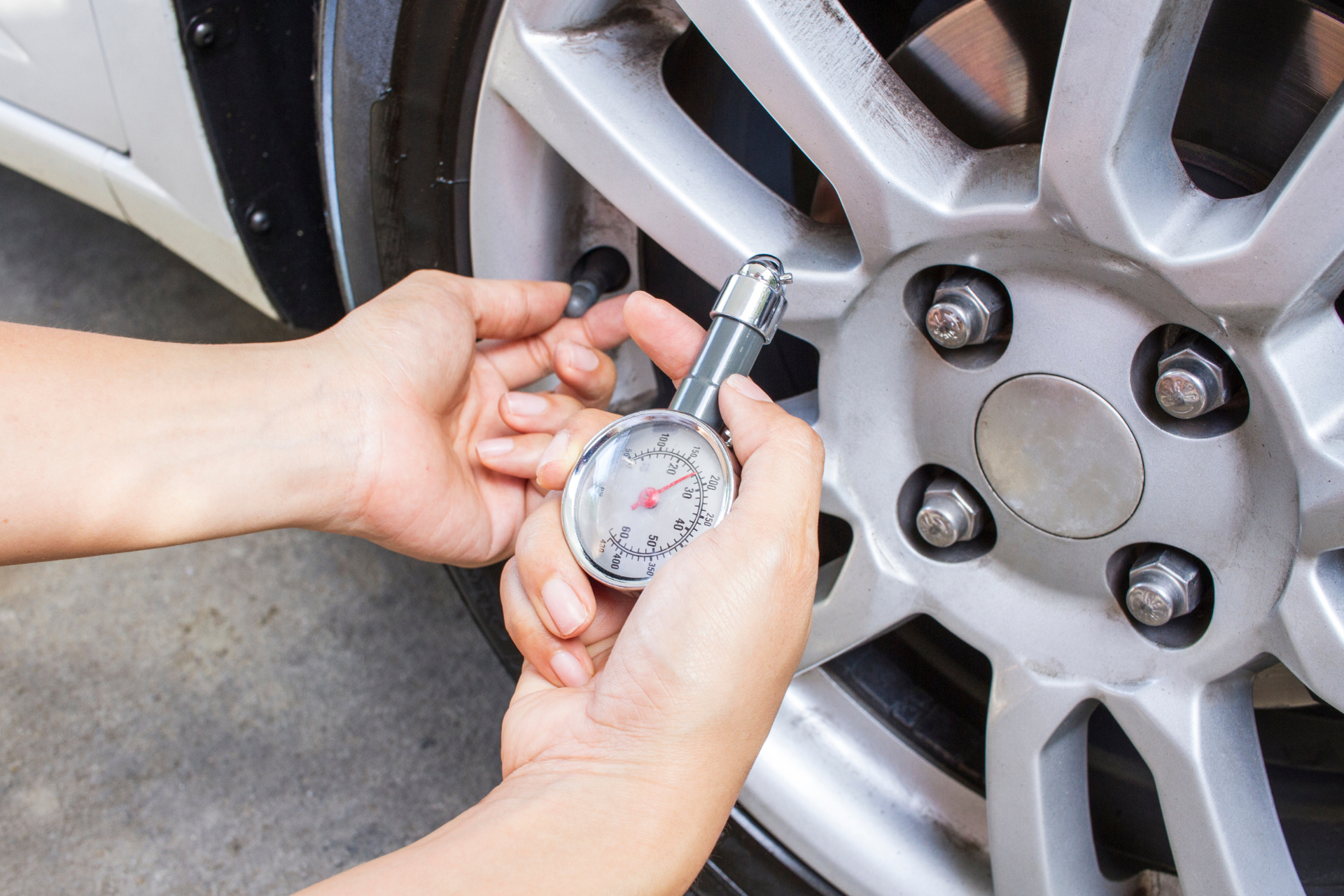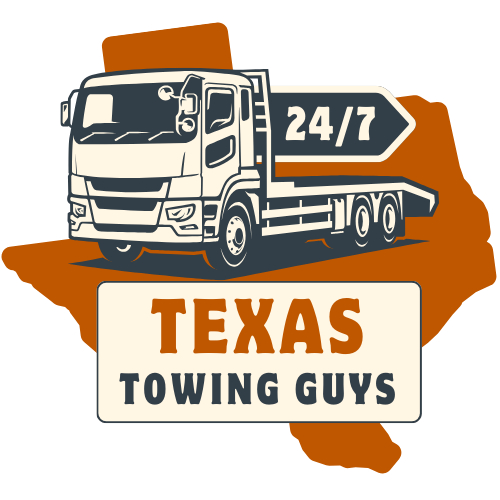Understanding Your Car's Warning Lights: What They Mean

Do you ever get that sinking feeling in the pit of your stomach when you see a mysterious warning light pop up on your dashboard while you're cruising down the road? We've all been there. But fear not! Texas Towing Guys is here to demystify those pesky warning lights and help you understand what they mean. So, the next time your car decides to play the role of a Christmas tree, you'll be prepared to take action and keep your vehicle running smoothly.
1. Check Engine Light:
Let's start with the most common and notorious warning light – the check engine light. When this light illuminates, it's your car's way of telling you that something's not quite right under the hood. While the check engine light can indicate a range of issues, from a loose gas cap to a faulty sensor, it's essential not to ignore it. Schedule a diagnostic with your trusted mechanic to pinpoint the exact problem and prevent any potential damage to your vehicle.
2. Oil Pressure Light:
Seeing the oil pressure light flick on can send chills down any car owner’s spine. This warning light typically indicates low oil pressure, which can lead to engine damage if not addressed promptly. Pull over safely, turn off your car, and check your oil level. If it's low, top it up. If the light persists, seek professional help immediately to avoid costly repairs down the road.
3. Battery Light:
If you see a battery-shaped light come on, it's signaling a potential issue with your car's electrical system. This warning light could point to a faulty battery, alternator, or electrical connections. Keep an eye out for dimming lights, a slow-starting engine, or strange electrical malfunctions, as these are additional signs of battery trouble. Don't gamble with a failing battery – get it checked out soon.
4. Brake System Warning:
When the brake system warning light appears on your dashboard, it's not the time to hit the panic button. Instead, cautiously slow down and check your brake fluid level. Low levels of brake fluid could indicate a leak in the system or worn brake pads. Ignoring this warning light could endanger your safety and the safety of others on the road. Seek immediate attention from a professional mechanic to prevent brake failure.
5. Tire Pressure Monitoring System (TPMS) Light:
You're cruising down the highway when suddenly the TPMS light illuminates. This light signals low tire pressure, which can lead to reduced fuel efficiency, decreased traction, and potential tire damage. Stop at the nearest gas station to check your tire pressure and inflate them to the recommended levels. If the light persists, you may have a tire puncture or malfunctioning sensor that requires professional inspection.
Understanding your car's warning lights is like mastering a secret code that your vehicle uses to communicate with you. By staying informed and proactive, you can address issues early, reduce the risk of breakdowns, and save money on costly repairs in the long run. Remember, Texas Towing Guys is always here to lend a helping hand with our roadside assistance, vehicle towing, jump-starting, tire repair, gas delivery, and lockout services. So, drive confidently and keep an eye out for those warning lights to ensure a smooth ride every time.




